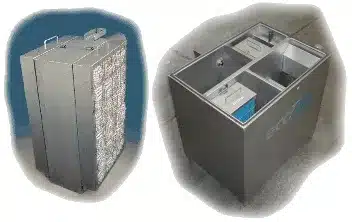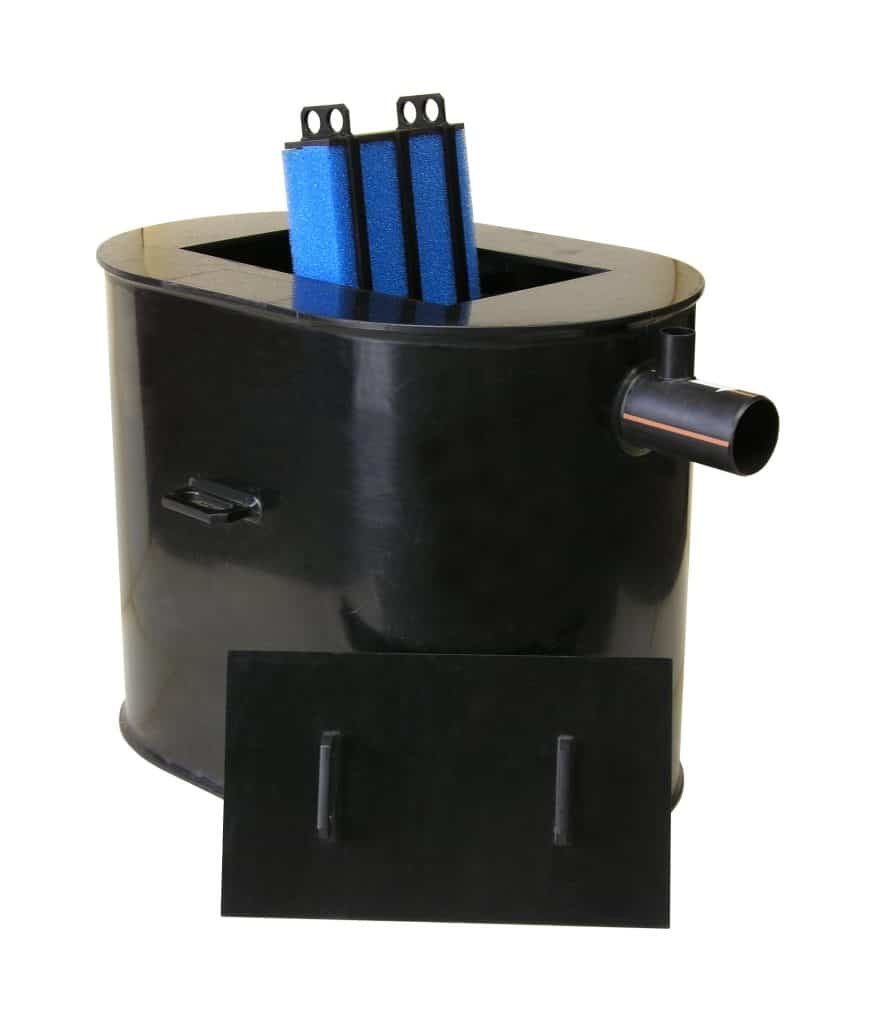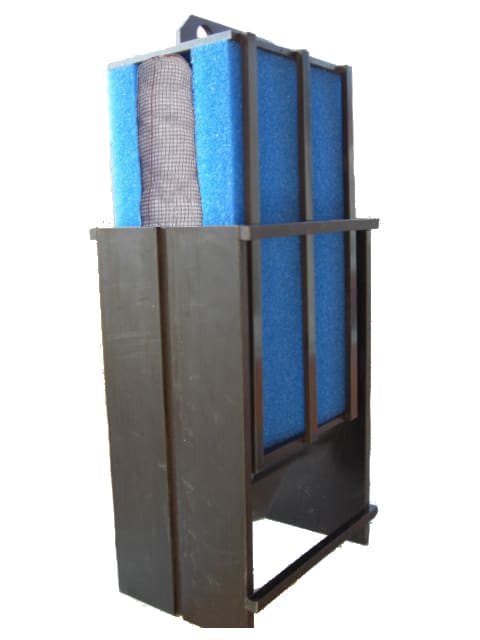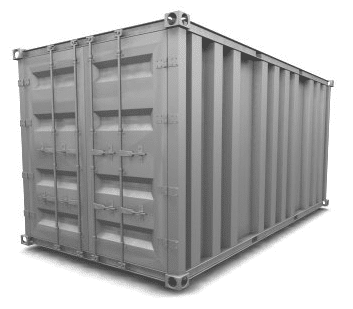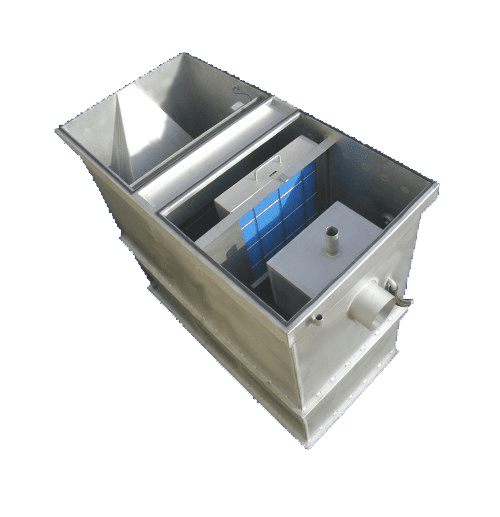In Delaware, keeping our water clean is very important. Freytech Inc. Delaware Above Ground OWS systems help a lot with this. They are important for protecting the environment. They also help businesses handle wastewater and stormwater well. But, do you know the strict rules they must follow?
The Delaware Department of Natural Resources and Environmental Control (DNREC) watches over the use of on-site wastewater treatment systems. They have rules for planning, design, operation, and maintenance. This is crucial for businesses like those in petroleum, vehicle maintenance, and environmental cleanup.
Oil water separators are key to following EPA rules and keeping our groundwater safe. They’re not just about following rules. They’re about keeping Delaware beautiful for the future.
Key Takeaways
- Delaware Above Ground OWS systems are crucial for environmental protection
- DNREC regulates on-site wastewater treatment and disposal systems
- Oil water separators help meet EPA discharge regulations
- Proper wastewater treatment protects Delaware’s groundwater resources
- Industries like petroleum and vehicle maintenance rely on OWS systems
- Understanding regulations is key for businesses using Above Ground OWS
Introduction to Delaware Above Ground OWS
Delaware is serious about keeping our water clean. It has strict rules to stop pollution. Above ground storage tanks help manage wastewater from different industries. They are key to keeping our water safe and our environment healthy.
Importance of Oil Water Separators in Environmental Protection
Oil water separators are crucial in fighting water pollution. They take out oil, grease, and light petroleum from wastewater. This helps keep Delaware’s waters clean and follows EPA rules.
Overview of Above Ground Oil Water Separators
Above ground oil water separators are easy to set up and maintain. They are often found in industrial areas, places that store a lot of petroleum, and car repair shops. These systems separate oil and water by density, making the water cleaner.
Delaware’s Environmental Regulations for Wastewater Treatment
The Delaware Department of Natural Resources and Environmental Control (DNREC) looks after the state’s environmental laws. These rules cover how to design, put in, and run wastewater treatment systems. The goal is to keep our groundwater and surface water safe, making Delaware a cleaner place for everyone.
Types and Components of Above Ground Oil Water Separators
Oil water separators are key in managing industrial waste. They come in different designs for various needs. The most common types are cylindrical and rectangular, made for aboveground use.
These separators have advanced coalescer technology. This tech ensures high-quality effluent, often with 10 PPM or less of free oil. Some models also have secondary coalescers for better performance.
Storage tanks for these separators can be single-wall or double-wall. This choice lets businesses pick the right option for their needs and local rules.
Many makers offer custom oil water separators. This means industries can get solutions that fit their specific waste management needs. Whether it’s a small operation or a big industrial site, there’s a separator for every need.
These systems are crucial in treating industrial wastewater. They efficiently separate oil from water. This helps businesses follow environmental laws and protects our water resources.
Delaware Above Ground OWS: Regulatory Compliance and Standards
Delaware has tough environmental rules to keep its water clean. Companies must follow strict guidelines for wastewater treatment and discharge.
DNREC Guidelines
The Delaware Department of Natural Resources and Environmental Control manages wastewater rules. They need permits for systems over 2,500 gallons a day. This makes sure water pollution is under control.
EPA Discharge Regulations
The EPA sets limits on oil and grease in wastewater. The limit is 10 PPM for hydrocarbon discharge. Companies like Freytech Inc. have oil water separators that get down to 5 PPM. This is better than what’s required and keeps businesses in line.
Effluent Quality Requirements
Delaware demands high-quality effluent. Advanced technologies can get oil out to just 0.1 PPM. This level of efficiency helps companies meet and beat state and federal standards.
Applications and Industries Utilizing Above Ground OWS in Delaware
Above ground oil water separators (OWS) are key in many Delaware industries. They help companies manage wastewater and follow strict environmental laws. Let’s see how different sectors use OWS technology.
Petroleum Industry and Bulk Storage Facilities
The petroleum industry depends a lot on OWS for waste disposal. Refineries and storage facilities use them to clean water with oil and hydrocarbons. This makes sure only clean water goes back into the environment, keeping Delaware’s water safe.
Vehicle Maintenance and Washing Facilities
Car washes and auto repair shops produce oily wastewater. Above ground OWS systems take out oil, grease, and pollutants from this water. This way, these businesses can follow state and federal water quality rules.
Environmental Remediation Sites
Projects to clean up polluted areas often deal with petroleum contamination. Above ground OWS systems are crucial here, separating and recovering oil from water. This is key for cleaning up polluted sites and protecting Delaware’s nature.
These separators are crucial in storm water systems. They process runoff to meet the US EPA’s Clean Water Act standards. With effective oily water treatment, facilities protect the environment and dodge big fines.



